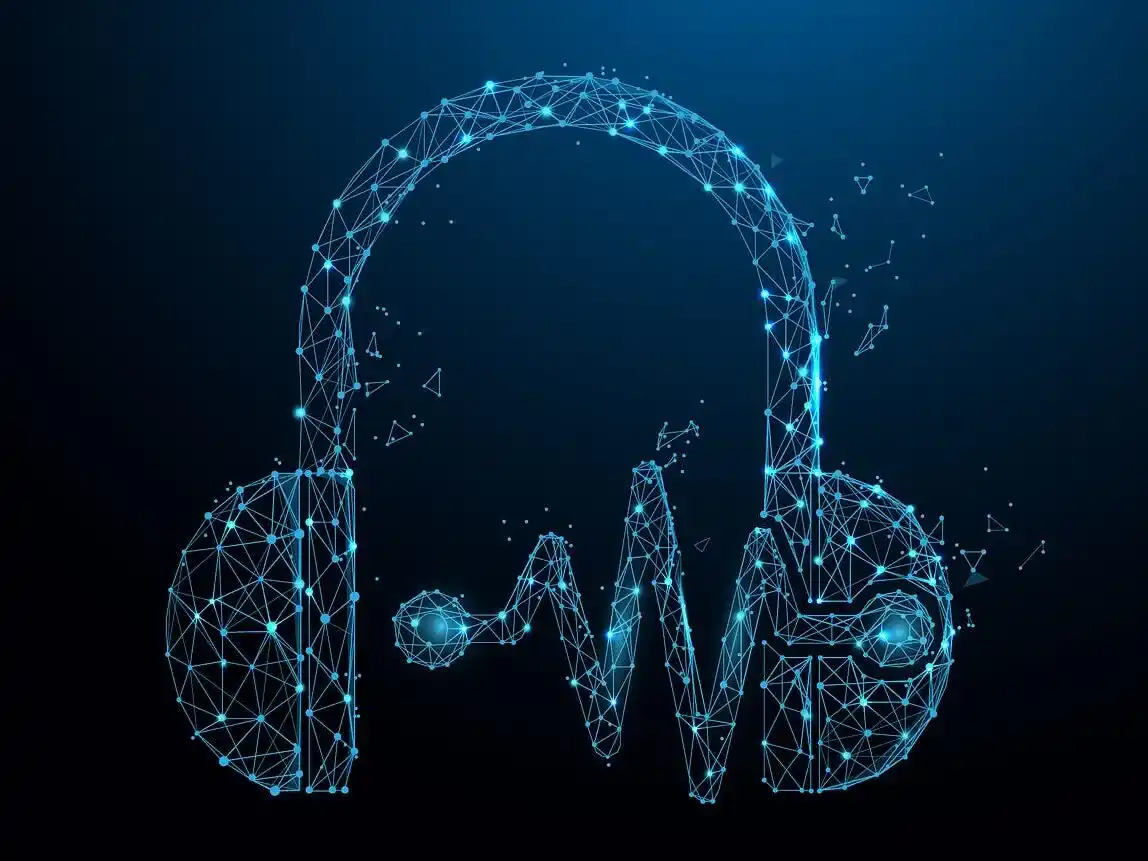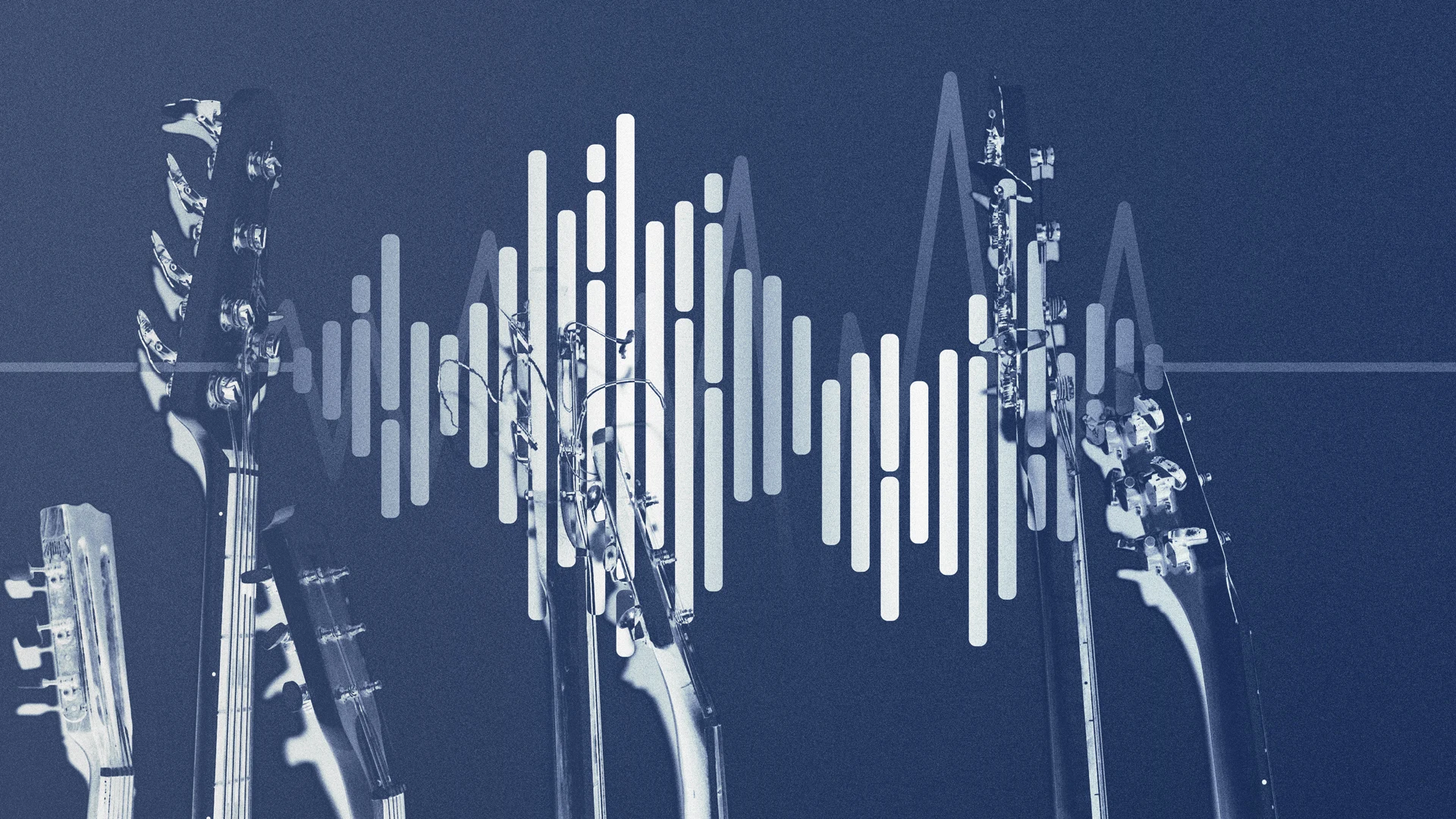Table of Contents
Artificial intelligence (AI) has become a groundbreaking force in various industries, and the music world is no exception. The application of AI-based musical creativity has opened up new horizons for musicians, composers, and producers, offering innovative ways to create, experiment, and explore sound. This revolution is reshaping the music landscape, providing tools that challenge traditional boundaries while enhancing creative expression.
In this article, we will delve into the concept of AI-based musical creativity, its transformative impact on music composition and production, and how it is shaping the future of the industry.
The Emergence of AI-Based Musical Creativity
AI-based musical creativity refers to the use of artificial intelligence algorithms and machine learning models to assist or even autonomously generate music. These systems analyze vast amounts of musical data, identifying patterns, structures, and styles that can be used to create new compositions. AI-driven music Innovation is not just about automating the production process but enhancing it by offering fresh ideas and expanding the boundaries of what is musically possible.
In recent years, AI tools have become accessible to musicians of all levels, allowing them to leverage AI’s capabilities in various aspects of the creative process. Whether it’s generating melodies, harmonies, rhythms, or even entire compositions, AI-based musical creativity offers a collaborative approach between human intuition and machine learning algorithms.
How AI-Driven Music Innovation Works

AI-based musical creativity relies on advanced algorithms that are trained on vast datasets of music. These datasets encompass a wide range of genres, styles, and compositions. Machine learning models, particularly those based on deep learning, are used to analyze these datasets and learn the underlying structures of music, such as chord progressions, tempo, key signatures, and rhythm.
Once trained, AI systems can generate new music by emulating the patterns and rules it has learned. For example, platforms like OpenAI’s MuseNet or Google’s Magenta can create original music by combining elements from different genres and styles. Musicians can input a few notes or themes, and the AI can then expand upon them, offering variations or completing the piece. This form of AI-based musical creativity not only streamlines the composition process but also provides novel ideas that might not have been considered by the musician alone.
AI-Driven Music Innovation in Composition
AI-based musical creativity has become an invaluable tool in composition. Traditionally, creating a composition required deep knowledge of music theory, harmony, and instrumentation. However, with AI, even those with limited musical training can participate in the creative process. AI tools can suggest chord progressions, generate melodies, and provide harmonies based on the user’s input, making the creative process more accessible.
For instance, AI-based platforms like Amper Music and AIVA (Artificial Intelligence Virtual Artist) allow users to compose music by providing a few basic instructions. AIVA, for example, is known for composing classical-style pieces and has been recognized as an official composer by music copyright organizations. Through AI-Driven Music Innovation, composers can quickly experiment with different sounds, genres, and styles, enabling them to explore new directions in their work.
Enhancing Music Production with AI-Driven Music Innovation
Music production is another area where AI-based musical creativity is making a significant impact. AI tools can automate various aspects of production, such as mixing, mastering, and sound design, which traditionally require expert skills and time. By analyzing patterns in sound frequencies and dynamics, AI can help optimize the balance and quality of tracks, ensuring they meet industry standards.
One key area where AI-based musical creativity shines is in the generation of unique soundscapes and effects. AI can analyze and manipulate sound in ways that are beyond human capabilities, producing textures and tones that are entirely new. This has led to the rise of AI-powered virtual instruments, such as JukeDeck and Endel, which allow producers to generate custom sounds for their tracks. This level of creativity empowers producers to experiment with sonic elements in innovative ways, pushing the boundaries of what is sonically possible.
Collaborative Creativity Between Humans and AI

The synergy between human musicians and AI is one of the most fascinating aspects of AI-based musical creativity. Rather than replacing musicians, AI acts as a creative partner, providing suggestions and enhancing ideas that the musician may not have thought of independently. This collaborative approach allows for a fusion of human emotion and intuition with AI’s data-driven insights.
For example, musicians can input a melody or theme into an AI system, and the AI will generate variations, harmonies, or even entirely new sections of music. The musician can then decide which parts to keep, modify, or discard, blending their own creative vision with AI-generated content. This process fosters a unique form of AI-based musical creativity that enhances the artist’s abilities without diminishing their expression.
AI-Based Musical Creativity in Film and Media
The influence of AI-based musical creativity extends beyond traditional music genres and into film, television, and advertising. AI is increasingly being used to compose background scores for movies, commercials, and video games. This is especially beneficial for creators with tight deadlines or limited budgets, as AI can quickly generate custom music that fits the mood and tone of a project.
Moreover, AI-based musical creativity allows for the rapid production of soundtracks that can adapt in real-time. For instance, in video games, AI-generated music can change dynamically based on the player’s actions or the environment within the game. This real-time adaptation offers an immersive experience that is personalized for each user.
The Ethical Implications of AI-Based Musical Creativity
While AI-based musical creativity offers numerous benefits, it also raises important ethical questions. One of the primary concerns is the potential for AI to diminish the value of human creativity. If AI systems can autonomously generate music, what does this mean for the role of human composers and musicians? Moreover, issues of copyright and ownership arise when AI-generated compositions are involved. Who holds the ownership of a musical composition generated by an AI system? These are complex issues that will need to be addressed as AI-Driven Music Innovation continues to evolve.
Another concern is the potential homogenization of music. Since AI systems are trained on existing music datasets, there is a risk that AI-generated compositions may become formulaic, lacking the unique nuances that come from human experience and emotion. However, this challenge can be mitigated through careful curation of AI tools and the creative input of human musicians, ensuring that AI-based musical creativity remains a collaborative and innovative process.
The Future of AI-Based Musical Creativity
The future of AI-based musical creativity is full of exciting possibilities. As AI continues to advance, we can expect even more sophisticated tools that offer greater creative freedom to musicians and producers. AI may eventually be able to create entirely new genres of music, blending elements from different styles in ways that humans may not have conceived.
Furthermore, AI-based musical creativity will likely become an integral part of music education. Aspiring musicians can use AI to learn about composition, music theory, and production techniques in an interactive and hands-on way. AI tools can also help music educators identify patterns in students’ progress, providing personalized recommendations for improvement.
In conclusion, AI-based musical creativity is revolutionizing the way music is composed, produced, and experienced. By offering innovative tools that enhance human creativity, AI is not replacing musicians but empowering them to explore new artistic possibilities. As technology continues to evolve, AI-Driven Music Innovation will undoubtedly play an increasingly important role in shaping the future of music.